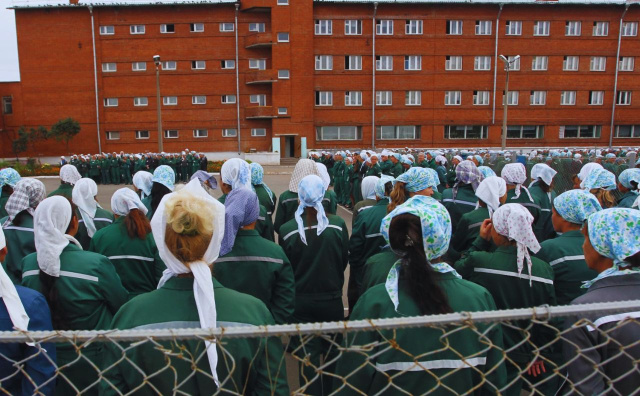
The Bulgarian Ministry of Foreign Affairs (MFA) confirmed on Monday that a Bulgarian citizen has been detained by Russian authorities, according to information provided to the Bulgarian Telegraph Agency (BTA).
Preliminary reports from the Bulgarian Embassy in Moscow indicate that the individual was arrested on suspicion of committing a crime under Article 159, paragraph 3 of the Russian Criminal Code.
This provision concerns fraud committed through deception or abuse of trust. The identity of the detainee has not been disclosed, and the exact circumstances leading to the arrest remain uncertain.
The Bulgarian Embassy has stated that it is closely monitoring the case while maintaining direct contact with Russian authorities as well as the detainee’s family. Diplomatic officials emphasized that they are working to ensure the citizen’s rights are respected during the ongoing investigation.
This latest detention comes just weeks after another Bulgarian citizen, Rositsa Georgieva, was sentenced in Russia on politically sensitive charges. Georgieva, a 32-year-old resident of the Volgograd region, was found guilty of “justification of terrorism” for pro-Ukrainian comments she posted on Telegram in March and November 2024.
The Russian court sentenced her to three years in a general-regime penal colony, though her sentence has not yet come into effect.
Observers note that both cases highlight the increasingly precarious situation for foreign nationals living in Russia, especially amid heightened scrutiny linked to the ongoing war in Ukraine. Georgieva’s case, in particular, has drawn international attention due to its connection to freedom of expression and political speech.
The detention also comes against a backdrop of significant shifts in Russia’s relationship with European human rights institutions. In June 2022, Russia withdrew from the Council of Europe, severing its legal obligations to comply with rulings of the European Court of Human Rights (ECHR) in Strasbourg.
More recently, Moscow also withdrew from the Convention against Torture, raising alarm among rights groups about the lack of safeguards for detainees.
As a result, European courts have increasingly refused to extradite individuals to Russia, citing concerns over due process and the treatment of prisoners. The Bulgarian Foreign Ministry acknowledged these concerns, noting that it remains committed to supporting its nationals in cases of detention abroad.
While details of the latest case remain scarce, Bulgarian authorities have assured the public that they are using all available diplomatic channels to secure clarity. “We continue to follow the situation closely and are in regular communication with the relevant Russian institutions and the detainee’s family,” the MFA said in a statement.
For Bulgaria, these developments underscore the growing challenges of navigating relations with Russia at a time of heightened political tension and deteriorating legal cooperation.
With one citizen awaiting appeal and another now facing fraud charges, Sofia finds itself compelled to balance diplomacy with the urgent protection of its nationals abroad.
This article was created using automation technology and was thoroughly edited and fact-checked by one of our editorial staff members
